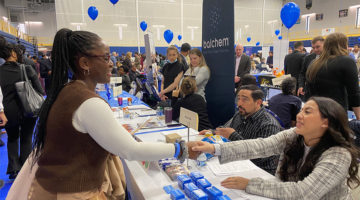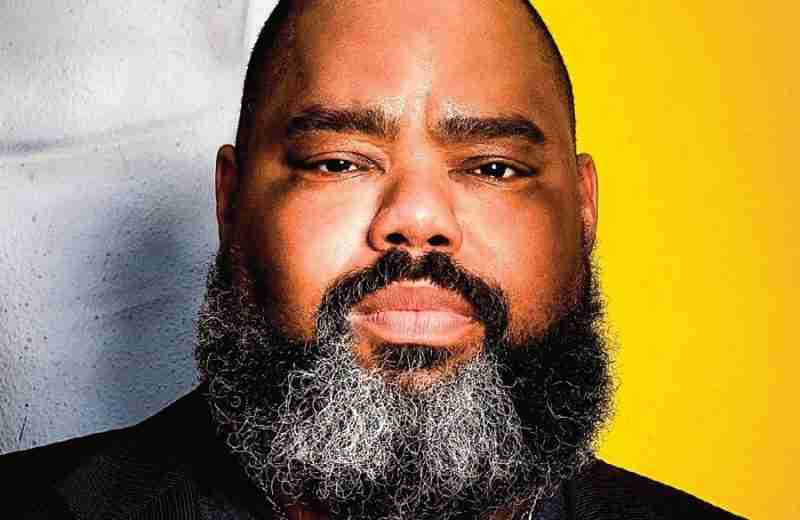Miami – The historic Black vote in Coconut Grove faces redistricting dilution. Despite a plea from the Miami-Dade County chapter of the NAACP to keep the Coconut Grove community intact, Miami Mayor Francis Suarez refused to veto the new redistricting map approved by city commissioners that divided the community into three districts.
The city released a statement to the South Florida Times indicating the new political map will remain in effect, which now weakens the strong Black voting bloc from residents living in the West Black Grove area by placing them into a heavily Hispanic dominated voting district.
Suarez had until 10 days from the March 24 date commissioners approved the redistricting map to veto it.
"There has been no veto," the city said.
A veto was the last chance for Coconut Grove residents to keep their community together and force the city to go back to the drawing board and create a new redistricting map.
The NAACP joined the fight underscoring the importance of the power of the Black voting bloc and urged Suarez to use his veto pen to scrap the new political map commissioners narrowly approved on a 3-2 vote during the March 24 public hearing, despite entreaties from Black and Coconut Grove residents to keep their community together.
NAACP Miami-Dade Chapter President Daniella Pierre fired off a missive, dated March 31, 2022, to Suarez to stop what the organization called political gerrymandering by shifting 114 black voters of the historic community to a majority-Hispanic District 4.
"As a civil rights organization, we have a duty to protect our democracy and prevent unfair redistricting plans that pose a threat to equal representation under the law,” Pierre wrote to Suarez. “In our collective effort to do so, we challenge state statutes, policies and local procedures that go against traditional redistricting principles and obligations under the Voting Rights Act.”
But to no avail.
The largest Black civil rights organization stood in solidarity with the residents and the Coconut Grove Village West Homeowners and Tenant Association, which has been leading the charge during the redistricting meetings to urge commissioners that breaking up the community would weaken the powerful Black vote.
The homeowners and tenant association and other Coconut Grove residents staged a rally outside Miami City Hall on March 31 to continue their protest in a last-ditch effort to save their community, hoping Suarez would veto the map.
Dwight Bullard, President South Dade Branch of the NAACP, told the South Florida Times the organization would not seek legal action to stop the new redistricting map unless residents call for its help.
"We would not seek legal action independently, only if it’s a request from the residents," he said.
Bullard, a former state senator, said Miami’s new political map violates the Voting Rights Act by failing to hold together the community, and not operating in the best interest of Coconut Grove residents.
"The mayor understood that and the City of Miami wouldn’t do anything in its power to retain the integrity of the community," Bullard said. "You open yourself up to legal action and the City of Miami must recognize that."
Bullard said he was disappointed that Miami City Commission Chairwoman Christian King, the only Black on the commission, who was the swing vote, didn’t keep Coconut Grove together.
"I can’t understand the commissioner operating in that way, particularly for that district," he said "Politics is in play not only for her but the commissioners as a whole. My feeling is that if the Grove residents choose to take the city to court over the issue, they would be in good standing because the community should be held as a whole. Commissioner King, who’s a lawyer, should understand the potential ramifications of what the city has done."
King told the South Florida times that being a public servant requires the strength to make difficult decisions.
"There was no scenario that would make every constituent happy," she said. "As City of Miami Chairwoman, I made the best effort to ensure that all voices were heard and that open dialogue happened between the community and commission."
City Commissioners were forced to redraw their political boundaries to comply with the 2020 U.S. Census to prevent political gerrymandering and give residents equal representation under the Voting Rights Act.
In the past 10 years, the district in Coconut Grove has been overpopulated compared to the other city’s districts, according to the Census report.
But Black residents said the new redistricting map is political gerrymandering by taking the Black votes into another voting district, where 82 percent of the residents are Hispanics.
The rest of the Grove remains in District 2, which is represented by Commission Manolo Reyes, and the other portion is now part of Commission Joe Carollo’s District 3.
Before the new map was redrawn, Coconut Grove and the Black West Grove, the area between U.S. 1 and Bird Road, was in Commissioner Ken Russell’s District 2.
Residents expressed discontent during the public hearings and redistricting consultants including attorney and former State Rep. Miquel De Grandy and lobbyists the city hired said the new map complied with the voting laws.
But to appease all parties involved, they requested to redraw another map that would keep Coconut Grove in one district.
But commissioners decided against it and supported the new political map they approved in March.
During the series of debates, Commissioners Joe Carollo and Alex Diaz de la Portilla pushed to break up Coconut Grove, which residents said was a personal issue for Carollo.
The new map places his home, worth about $2.3 million, into the district, which saves him thousands on property taxes.
Carollo declined to be interviewed for this story, according to the city’s communications department.
Clarice Cooper, president of the Coconut Grove Village West Homeowners and Tenant Association, told the South Florida Times that the organization might join other community groups that fought to keep the community intact if they decide to pursue legal action.
"These groups comprise community leaders and plan to pull together to decide what is going to happen next," she said.










No Comment